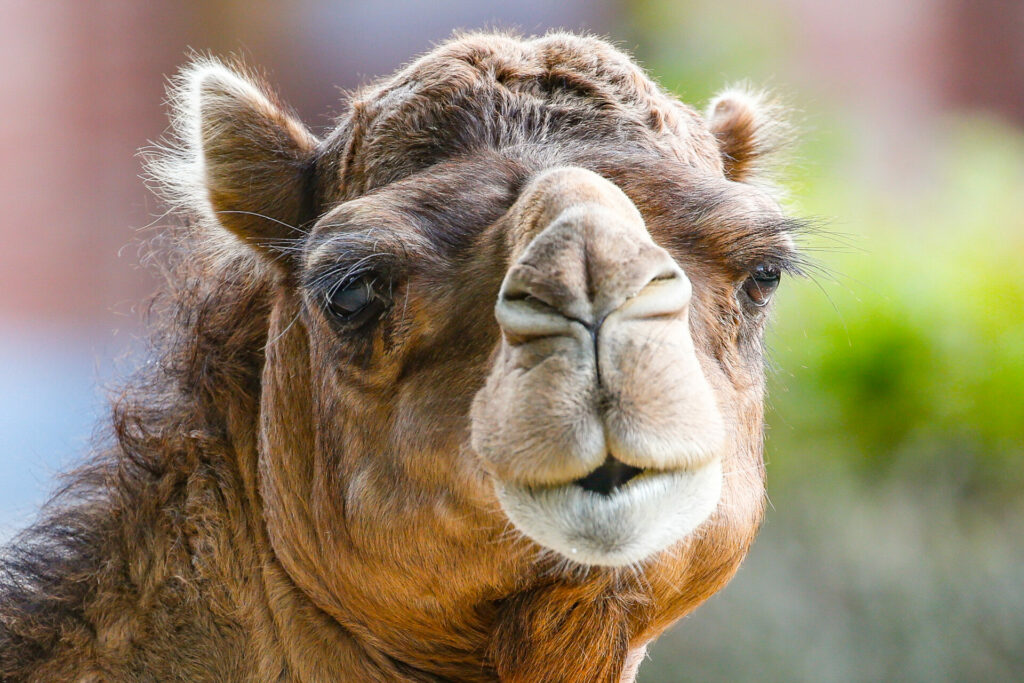While animals such as Savannah cats, Servals or camels do not belong in a domestic context, people are still keeping them as pets. Stricter rules will soon be implemented to avoid abuses both of animals and people.
People looking to keep specific mammals or reptiles at home will be subjected to stricter rules, Flemish Animal Welfare Minister Ben Weyts confirmed on Tuesday morning. The rules mainly apply to mammals or reptiles that do not actually belong in a domestic context, such as Savannah cats, Servals or exotic animals like camels.
"We want to be able to tackle abuses," said Weyts. "That is in the interest of the animals, but also of people. After all, some animals do not fit so easily into a domestic context."
Currently, people who want to own certain animal species that are not on the so-called positive list of animals that can be kept freely have to apply for approval, meaning they cannot simply be kept as pets as is the case for example with cats and dogs.
But the current criteria is quite broad and reportedly does not fully take the nature of the animal. Nor does it include the possible consequences for the environment if such an animal were to escape.
Related News
- Wallonia bans accessories that cause harm to animals
- Christmas without foie gras? Flanders becomes force-feeding-free
Weyts is now tightening the criteria used to approve or reject such an application to avoid animal welfare problems as much as possible.
This is especially the case with Savannah cats, for which applications used to be approved because existing criteria were met. As they regularly exhibit behavioural problems and have a high hunting drive, meaning an escaped animal can be a danger to the environment.
The new rules will also make it possible to impose a breeding ban for people who start keeping too many animals. Currently, the recognition application does not specify how many individual animals are involved, which means that in theory, people can still breed an unlimited number of animals.

